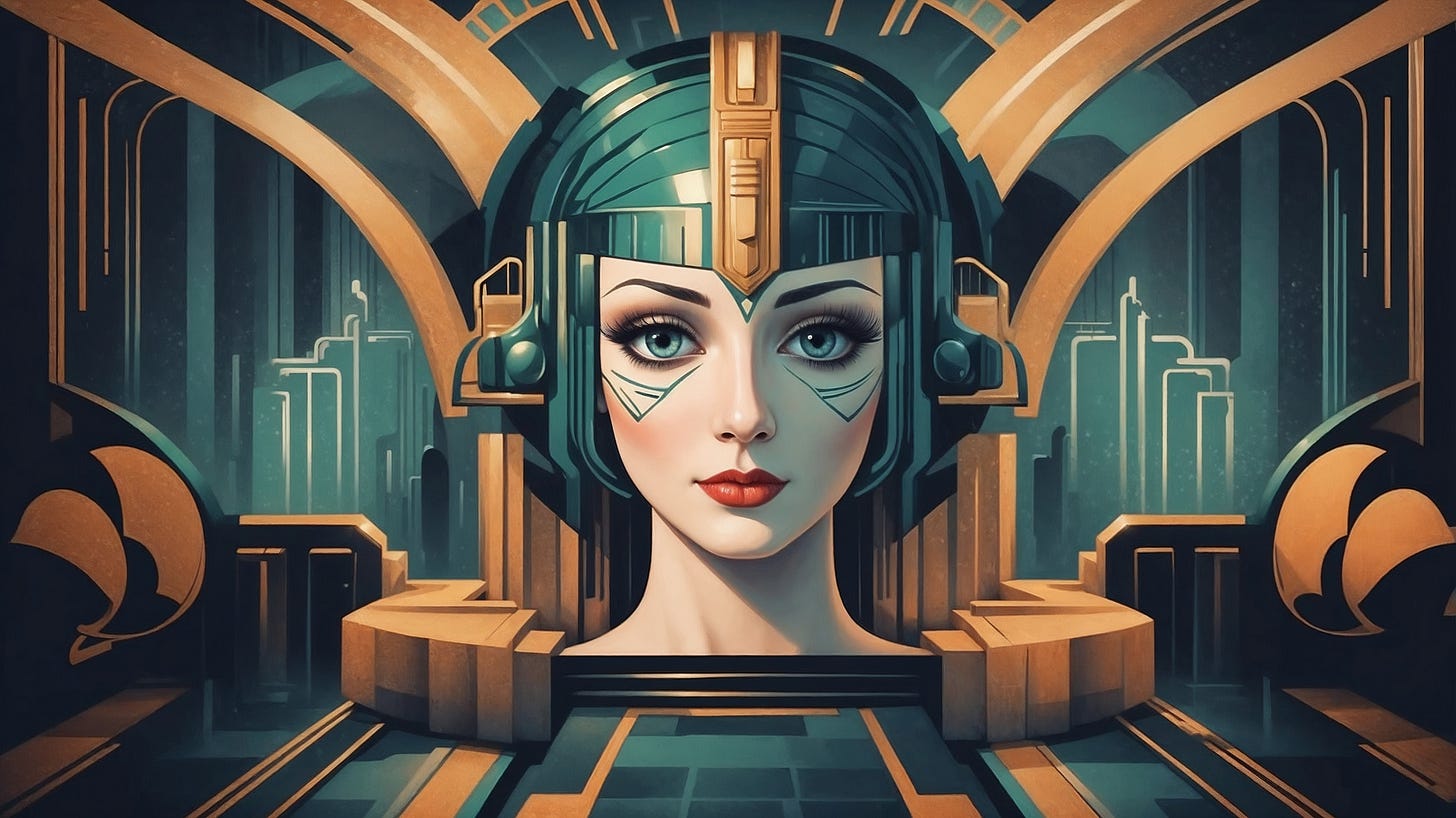In my countless years of teaching digital media, I've witnessed wave after wave of technological change reshape how we learn and teach. From the early days of computer labs to today's AI revolution, each advancement has brought both opportunities and challenges. But the current AI transformation feels different – more fundamental, more disruptive, and more urgent to address.
The rapid advancement of AI tools is reshaping every aspect of education. Students are now using AI assistants for writing and research, code generation tools for programming, image generators for visual creation, and specialized AI tools for video editing, data analysis, and mathematical problem-solving. Even creative fields like music composition and complex scientific research are being transformed by AI capabilities. What fascinates me most is how these tools are simultaneously making certain skills obsolete while elevating the importance of distinctly human capabilities.
The Challenge We're Facing
Let's be clear about something: AI isn't just another technology tool like the computers and software we've integrated before. It represents a fundamental shift in how learning and work happen across all disciplines. When students can generate research summaries in seconds, solve complex calculations instantly, or create polished presentations with a few prompts, we need to ask ourselves: What should we really be teaching them? What skills will truly matter in this AI-enhanced future?
Traditional education often focused on knowledge acquisition and technical proficiency. But in a world where AI can instantly access vast amounts of information and handle complex technical tasks, we need to pivot toward something more fundamental: the human elements that AI can't replicate.
What's Really at Stake?
The stakes here extend far beyond just keeping up with technology. We're talking about preparing students for a world where collaboration with AI will be as fundamental as using a computer is today. It's about ensuring that our students don't become overly dependent on AI tools, but instead learn to use them thoughtfully and ethically while developing their own critical thinking and creativity.
Some key questions we need to address:
How do we teach students to critically evaluate AI-generated content?
What aspects of learning and problem-solving should remain distinctly human?
How can educational institutions stay agile enough to keep up with rapid technological change?
How do we ensure equal access to AI tools while preventing overreliance on them?
A Framework for Change
Through my research and collaboration with colleagues across different disciplines, I've identified three fundamental principles that can help guide education's transformation in the AI era.
First, we need to emphasize critical skills. Students must develop strong critical thinking abilities to evaluate AI-generated content, understand its limitations, and make ethical decisions about its use. This means teaching them to question outputs, recognize potential biases, and understand when to trust or verify AI-generated information.
Second, we need to focus on process-centric learning. Instead of just assessing final outputs that could be AI-generated, we should emphasize how students approach problems and develop solutions. This includes understanding their decision-making process, their ability to iterate on ideas, and their capacity to combine human insight with AI capabilities.
Third, our educational institutions need to become more agile. The rapid pace of AI development means we can't rely on traditional, slow-moving administrative structures. We need flexible curricula, adaptable teaching methods, and institutional policies that can evolve alongside technology while maintaining academic integrity and educational quality.
Moving Forward
The integration of AI into education isn't something we can resist or delay – it's already happening. Our challenge now is to harness its potential while preserving and developing the uniquely human capabilities that will become even more valuable in an AI-enhanced world.
Success in this endeavor requires a delicate balance. We must embrace AI's capabilities while teaching students to maintain their
independence from it. We need to help them understand when to leverage AI tools and when to rely on their own judgment. Most importantly, we must ensure they develop the critical thinking skills, creativity, and ethical framework needed to thrive in a world where human-AI collaboration is the norm.
The future of education isn't about choosing between human and artificial intelligence – it's about finding the sweet spot where they complement each other. By focusing on critical skills, emphasizing learning processes, and maintaining institutional flexibility, we can prepare students not just to survive but to excel in an AI-enhanced world.




